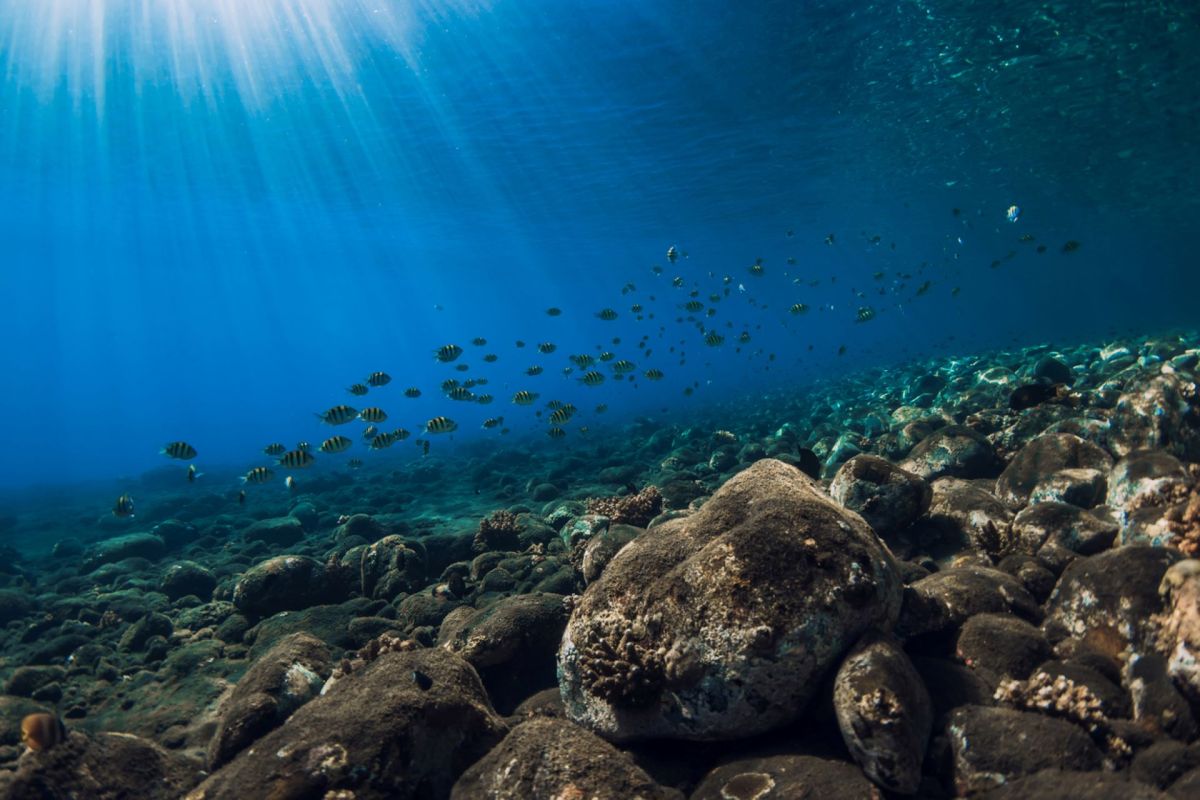A new industry may be poised to spark an incredible era of economic growth and development — not unlike the California gold rush in the 1800s — but many experts are worried about the potential toll on the environment.
As detailed by Reuters in November, our oceans are replete with "potato-shaped rocks" known as polymetallic nodules, which contain metals used to produce lithium-ion batteries for electric vehicles, including nickel, cobalt, copper, and manganese.
Given that extracting the minerals on land is a heavily polluting process and demand for them is projected to grow, some believe deep-sea mining may hold the key to a clean-energy transition — which is expected to create jobs while reducing harmful pollution.
"What are the alternatives if we don't go to the ocean for these metals? The only alternative is more land mining and more pushing into sensitive ecosystems, including rainforests," Gerard Barron, the CEO of deep-sea mining company The Metals Co, told the news outlet.
However, scientists and other major companies, including Google, BMW, and mining group Rio Tinto, have advocated for a temporary ban on deep-sea mining because of the potential negative impacts.
"If you remove the nodules, you will remove the architecture supporting the entire oceanic ecosystem," said Beth Orcutt, an oceanographer at the Bigelow Laboratory for Ocean Sciences in Maine.
Orcutt added that the ocean sediment layer, which takes 10,000 years to grow only one millimeter and helps soak up planet-warming carbon, can be damaged by the robotic vacuum used in the mining process.
Other concerns include noise and light pollution, the latter of which has contributed to the deaths of seabirds, like puffins, and poses a similar threat to marine life underwater, such as coral.
As reported by Greenpeace.org, more than 1,000 signatories — representing 34 countries and 56 Indigenous groups — called upon the International Seabed Authority to completely ban deep-sea mining last March, citing how mismanagement, including through overfishing and pollution, has already stressed our oceans.
Conversations about how to best proceed are still ongoing.
In mid-January, Fortune reported that Norway approved mining exploration in its waters, but 24 European, Latin American, and Pacific countries recommended a pause on any deep-sea mining until more research could be done.
"Without any knowledge on species, habitat, and ecosystem occurrences … it is not possible to make an assessment of the possible impacts of this industry," Tina Kutti, a deep sea scientist at the Institute of Marine Research, said of the institute's opposition to Norway's project.
"I wouldn't be surprised if they [Norway] start saying in the deliberations that it's too early for exploitation to commence at the ISA," Pradeep Singh, a fellow at Germany's Research Institute for Sustainability, added of the controversy surrounding the decision.
Join our free newsletter for cool news and actionable info that makes it easy to help yourself while helping the planet.









